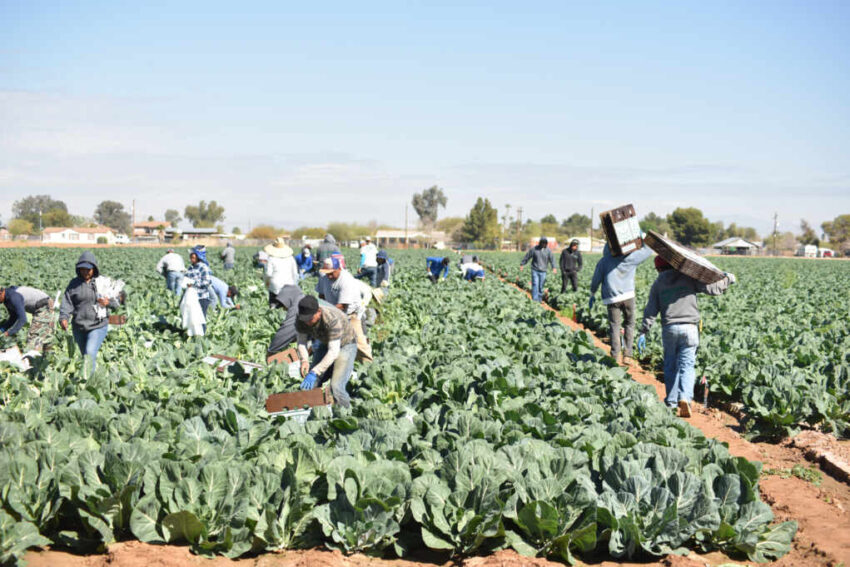President Trump ordered strict deportations of undocumented farmworkers while unveiling a “work program” to staff agriculture with Medicaid recipients and automation support, sparking fierce debate.
At a Glance
- President Trump reinforced that no amnesty will be granted to undocumented farmworkers and that mass deportations will continue.
- Agriculture Secretary Brooke Rollins proposed using able-bodied Medicaid recipients under new work requirements to fill labor shortages.
- Farmers may be empowered to vouch for long-time migrant workers to avoid deportation.
- Policy includes automation initiatives and potential expansion of H‑2A visas for agricultural labor.
- USDA plans to block foreign adversaries from acquiring farmland as part of broader national security measures.
Strategic Immigration Overhaul Meets Farm Reality
In a July 8 Cabinet meeting, President Trump stated emphatically that there would be “no amnesty” for undocumented farmworkers even as his administration pursues strategic mass deportations—while launching a new “work program” to support agriculture with domestic labor. Trump emphasized obtaining labor without granting legal forgiveness, remarking, “What we’re doing is we’re getting rid of criminals, but we are doing a work program.”
According to Reuters, this program includes increased reliance on automation and aims to streamline the H‑2A visa system to offset workforce gaps. Trump’s maneuver has stunned some in his base, with The Daily Beast reporting tensions over perceived contradictions in his immigration stance.
Watch a report: Brooke Rollins Says NO AMNESTY, Unemployed Medicaid Recipients Can
REPLACE Migrant Workers
Medicaid Labor Push and Farmer Vouching Sparks Backlash
Agriculture Secretary Brooke Rollins proposed that able-bodied adults on Medicaid—an estimated 34 million people—could be redirected to agriculture through the new One Big Beautiful Bill Act’s 80‑hour monthly work requirement. She described the approach as leveraging “automation, reform, and American workforce” to sustain food production.
However, critics warn that many Medicaid recipients are already employed or face health barriers, and that farm labor demands skills and endurance not easily transferable from other sectors.
In a surprise move, Trump also floated allowing farmers to personally vouch for undocumented laborers with long-standing employment history. At a recent Iowa rally, he claimed this would let “farms do great” without compromising his hardline border position, a sentiment echoed in coverage that reveals intra-party tension over the proposal.
National Security Pivot and Farmland Protections
Secretary Rollins also announced that the USDA will block adversarial foreign entities—particularly China—from purchasing American farmland, citing national security threats. The department may also seek executive authority to reclaim land already under such control.
She confirmed she will join the Committee on Foreign Investment in the United States (CFIUS) to oversee ag-sector investment risk, a move that has received bipartisan support from lawmakers alarmed by foreign land acquisitions.
This aggressive pivot signals a high-stakes recalibration in America’s agricultural policy—fusing immigration enforcement, labor reform, and strategic land defense into a volatile new doctrine.
Click this link for the original source of this article.
Author: Editor
This content is courtesy of, and owned and copyrighted by, https://deepstatetribunal.com and its author. This content is made available by use of the public RSS feed offered by the host site and is used for educational purposes only. If you are the author or represent the host site and would like this content removed now and in the future, please contact USSANews.com using the email address in the Contact page found in the website menu.








